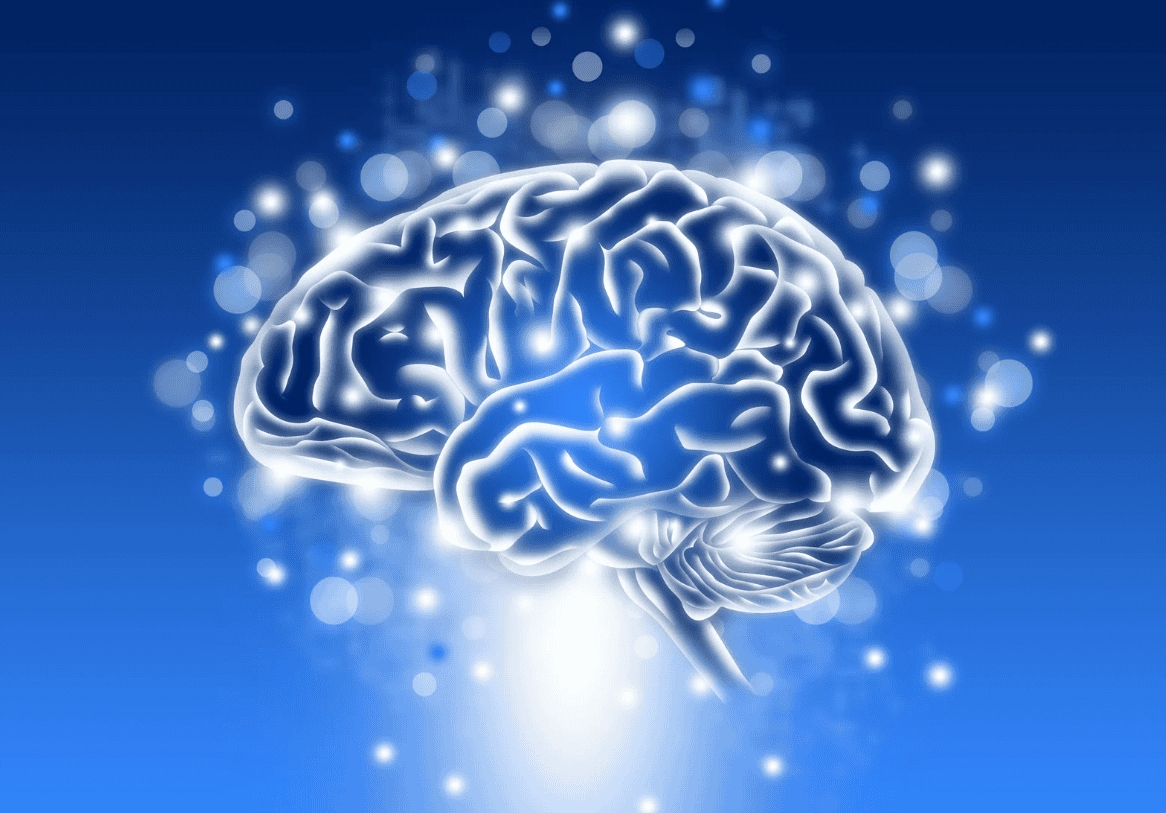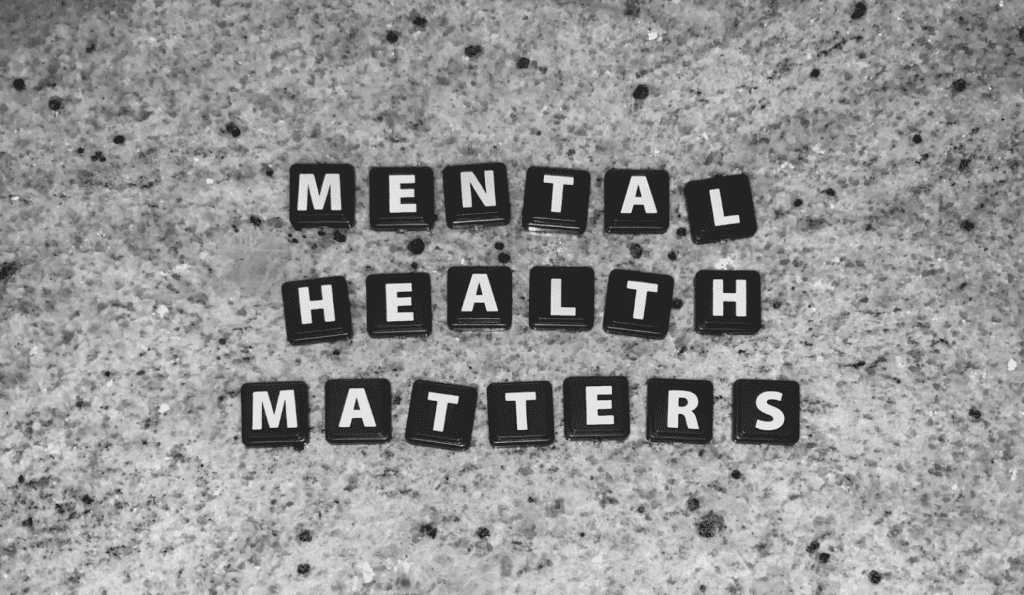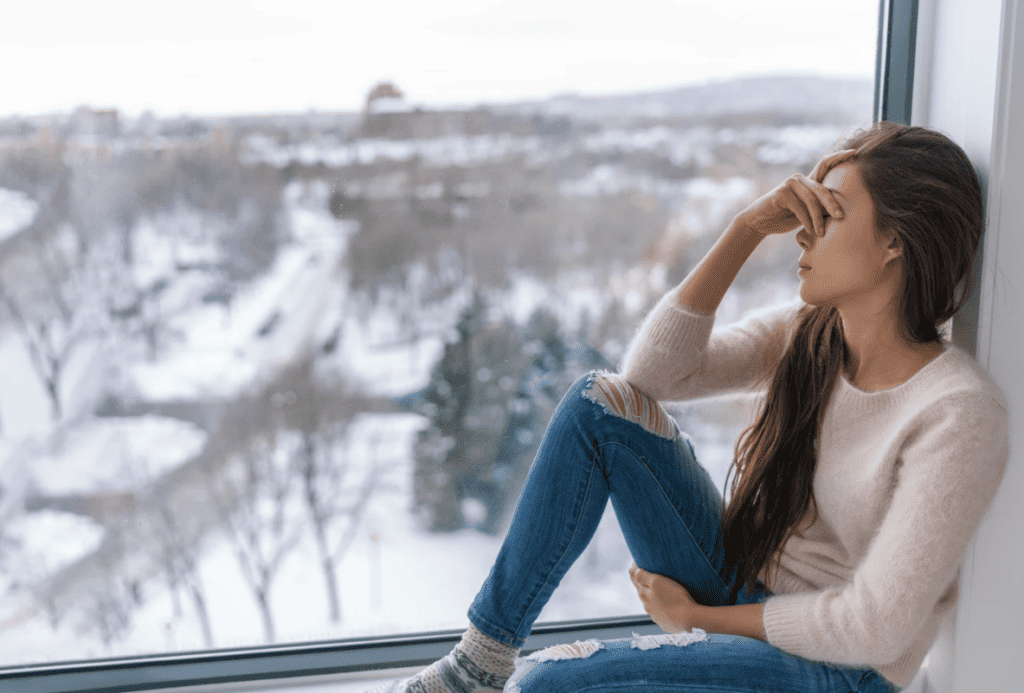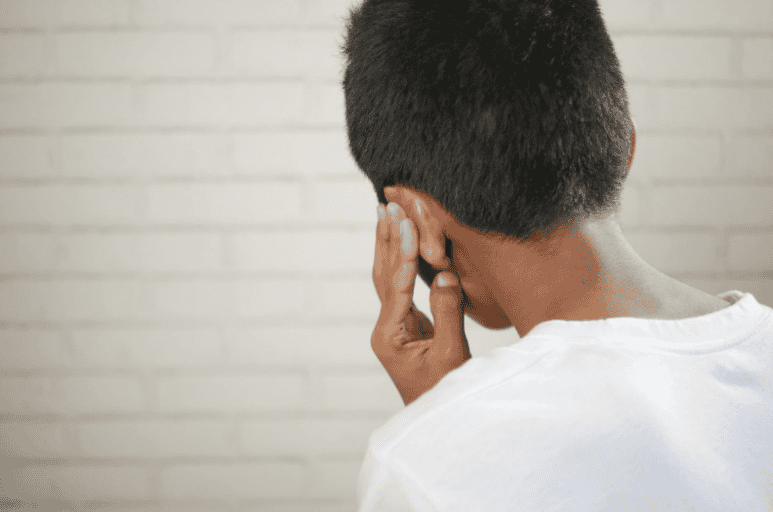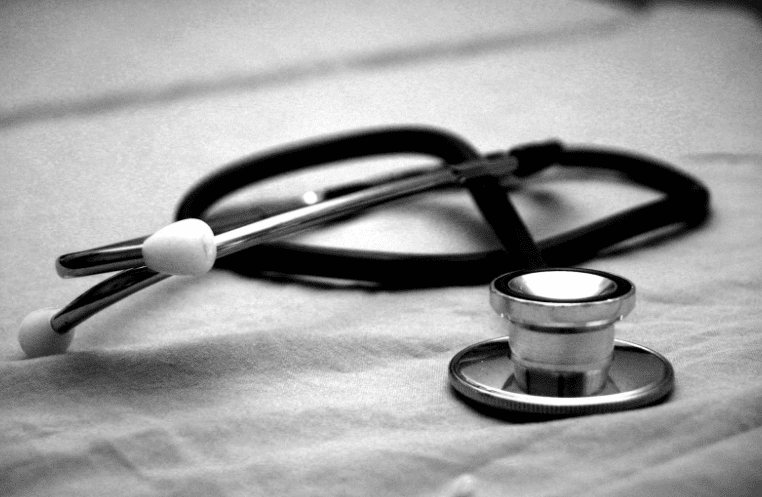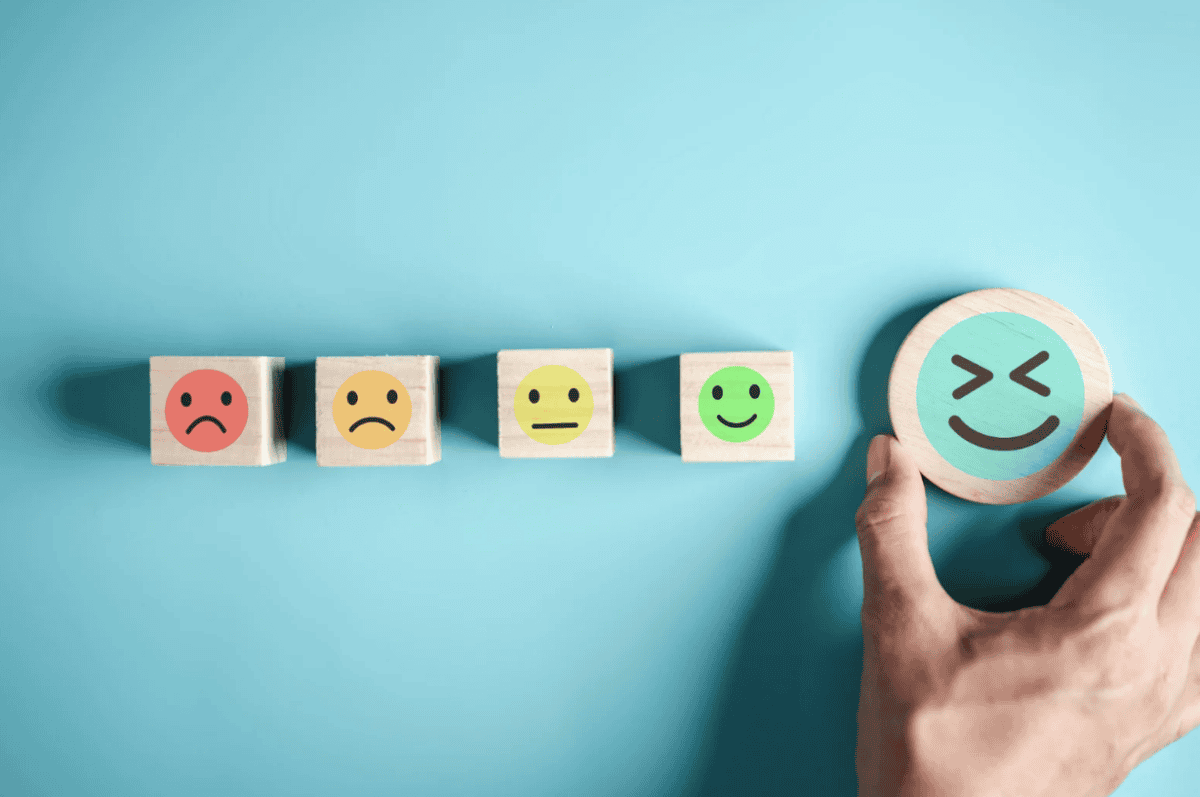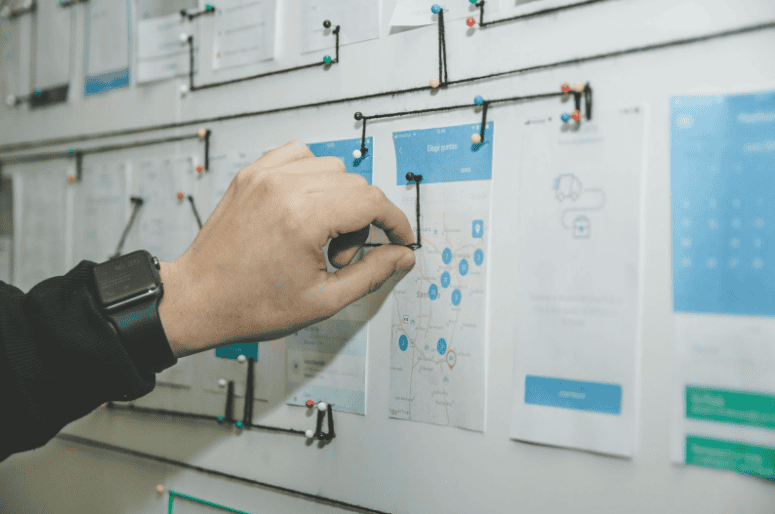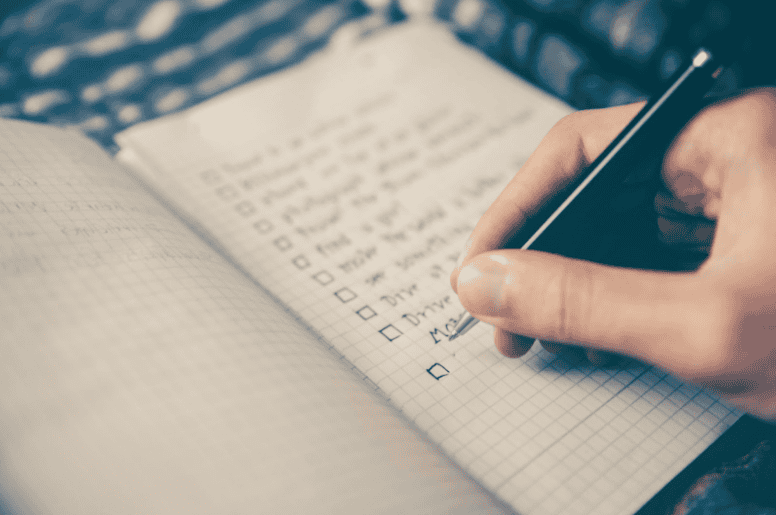For psychiatric patient Melanie, guidance from a graduate social worker was instrumental in helping her process and navigate the tremendous “internal conflict” of being diagnosed with a mental disorder.
The support of her social worker Megan was so inspiring, that Melanie soon followed in her footsteps – herself becoming qualified to assist and support others in need through the rewarding yet challenging field of social work.
Melanie’s story shows us the integral role social workers play in supporting mental health. Stay with us as we unpack how social workers – like those qualified via courses such as an MSW program online – contribute to the mental health support system: in such ways as supporting children with behavioral problems, helping people find housing, advocating for those experiencing hardship, and implementing early interventions for those at risk.
Supporting Children with Behavioral Problems
One of the most critical ways social workers contribute to the mental health support system is through their valuable work helping struggling kids. In this area, social workers are closely involved in providing counseling and mental health support to children and adolescents.
Social workers will also provide recommendations for other support professionals when required: referring youth patients to medical practitioners such as speech-language pathologists, for example, as well as educational tutors and learning development professionals, or even psychiatric mental health practitioners if deemed necessary.
Another way social workers support young people experiencing behavioral and other problems is by helping them with their relationships – whether that be family relationships, or at school.
In particular, the contributions social workers can make by supporting students who are being bullied – either in the playground or elsewhere, are critical. In an era where the adoption of digital communication has in some ways facilitated the rise of “cyber-bullying” – close to 50% of American teenagers have experienced online harassment – social workers must advocate for students who face this challenge, and provide them with the mental health support they need to navigate it.

Implementing Early Interventions for Those at Risk
The practice of early intervention for young people experiencing mental health issues is crucial in the psychiatric space. This is particularly true as recent studies of youth mental health have uncovered that 75% of psychiatric illnesses develop before the age of 25.
For social workers, this means that recognizing the signs of mental illness in young patients is a central element of their role. By being able to identify the key markers of psychiatric disorders, social workers can put early intervention into practice by escalating and referring patients who require psychiatric care to the mental healthcare system.

Advocating for Those Experiencing Hardship
It’s a sad fact, but the reality is that when people are experiencing economic hardship, income disparities can price low-income earners out of receiving the necessary mental health support.
These ‘social determinants’ – and barriers to receiving adequate mental healthcare – have seen links to marginalized individuals presenting with exacerbated psychiatric conditions, due to not receiving the mental healthcare support they require to treat their illnesses.
Fortunately, social workers can help. As mental healthcare experts, qualified social workers can not only refer patients to the psychiatric healthcare system, but they can also provide guidance and support to individuals experiencing both financial hardship and mental health conditions.
In this way, low-income psychiatric patients can still access support and treatment for their illnesses – often through more affordable means.
Helping to Find Housing
Economic hardship – coupled with mental health issues – can also be a barrier to finding appropriate housing. The links between psychiatric illness and homelessness have been documented – it’s been found that the vast majority of homeless individuals in America are battling mental illness.
By helping people in need find housing – while also providing them with mental health support – social workers can help ease this pressure.
The Role that Social Workers Play
Social workers play a key role in the mental health support system. As discussed today, not only do social workers do valuable work in the youth mental health space, but they are also heavily involved in the early intervention of psychiatric conditions in young people.
As well as this, social workers will advocate for people who experience hardship, and also, help ease the mental pressure associated with homelessness.






